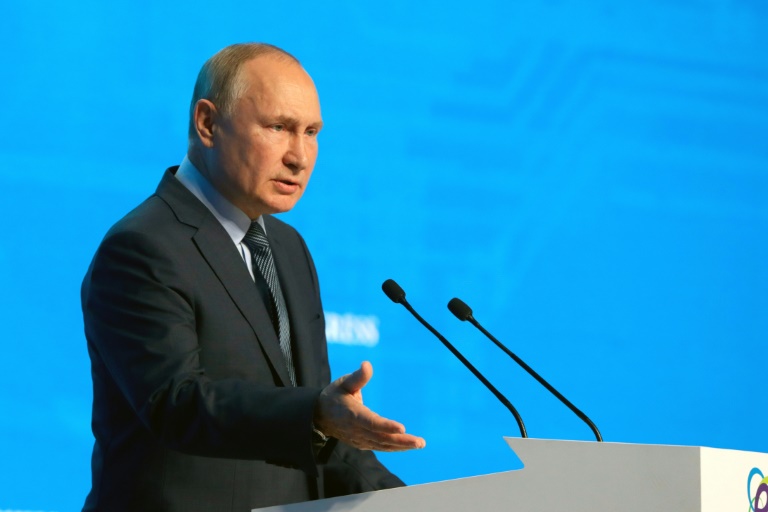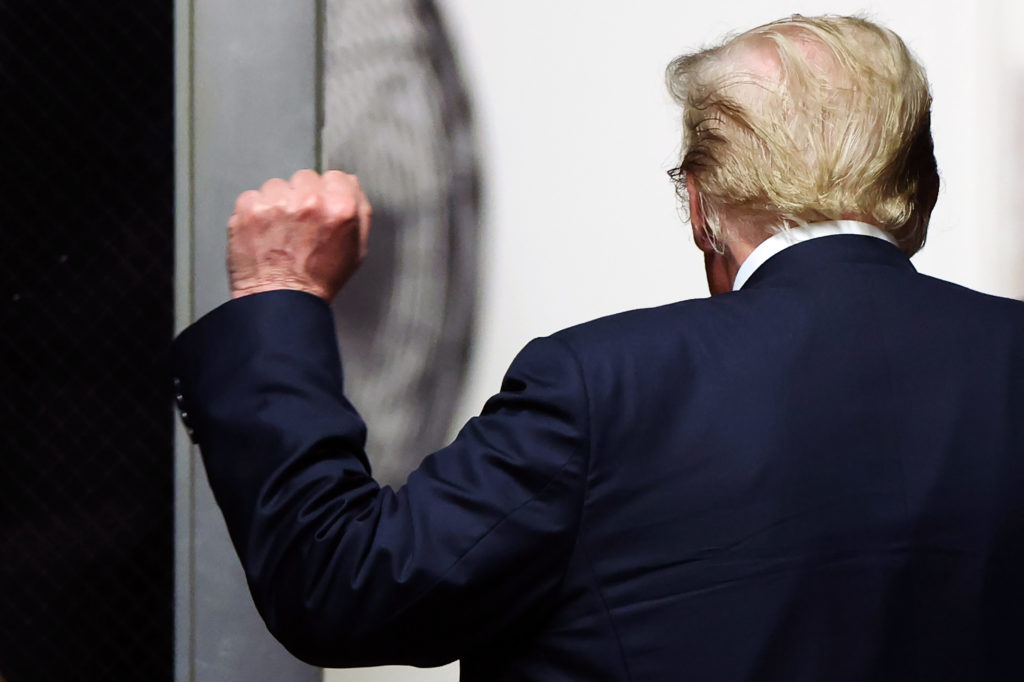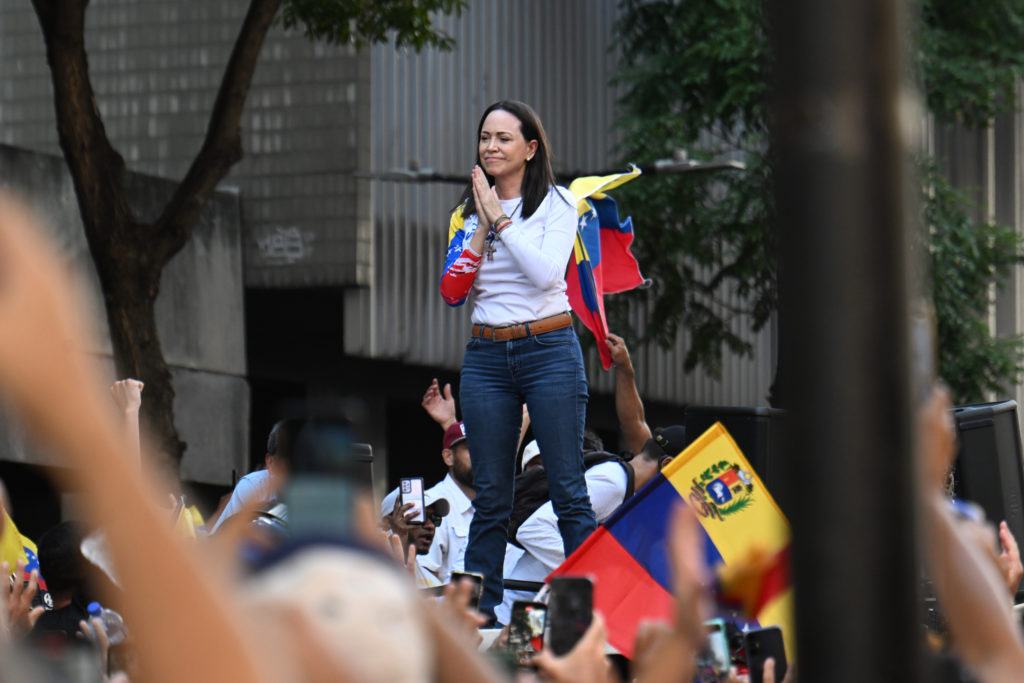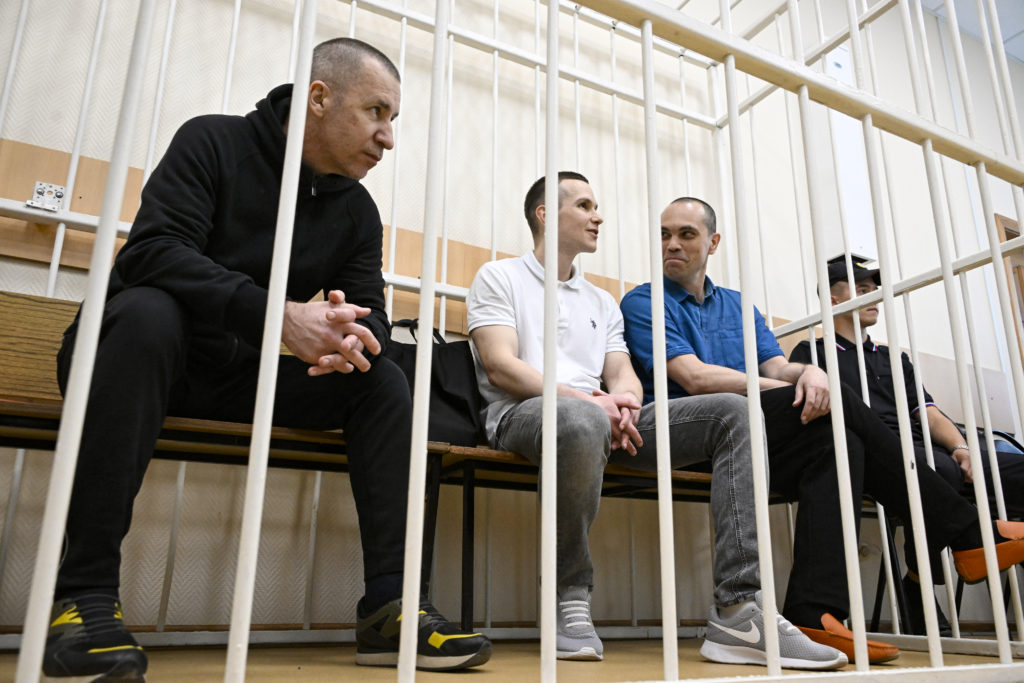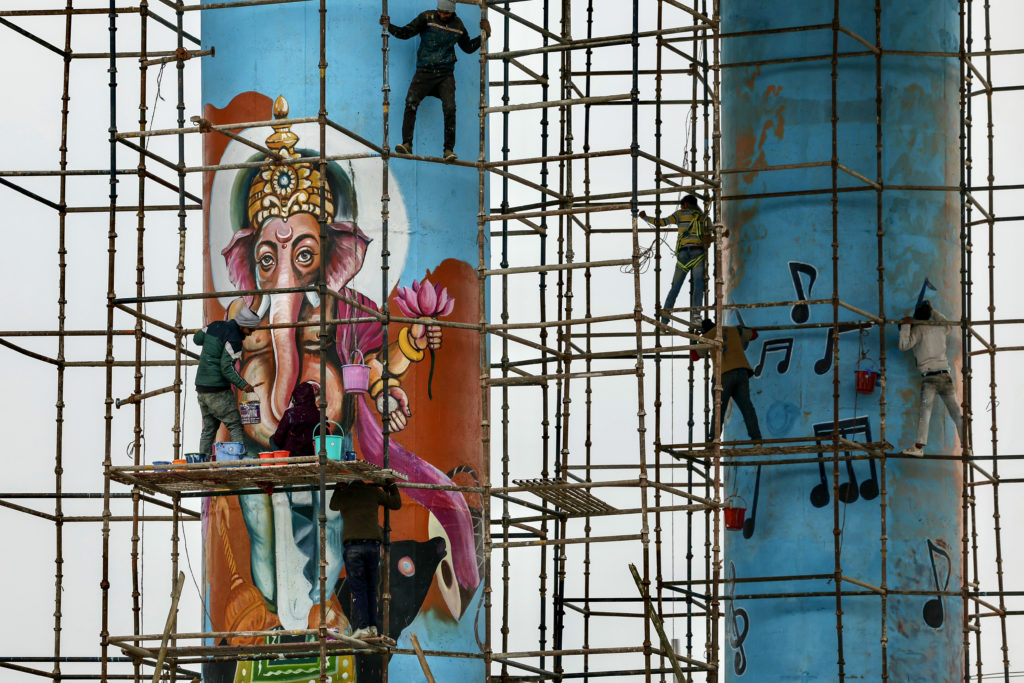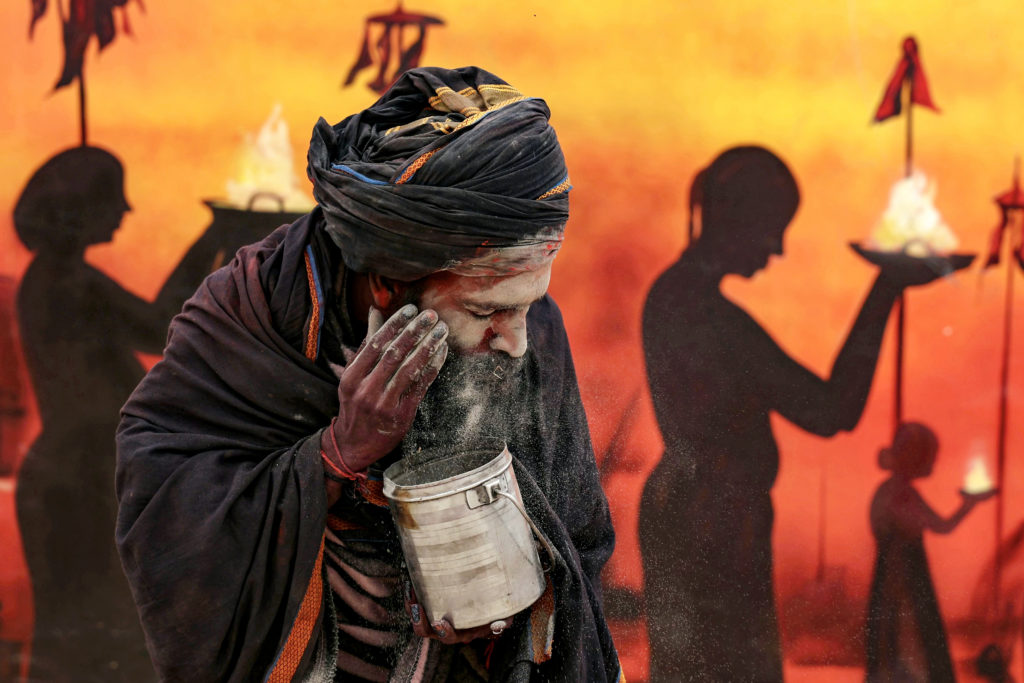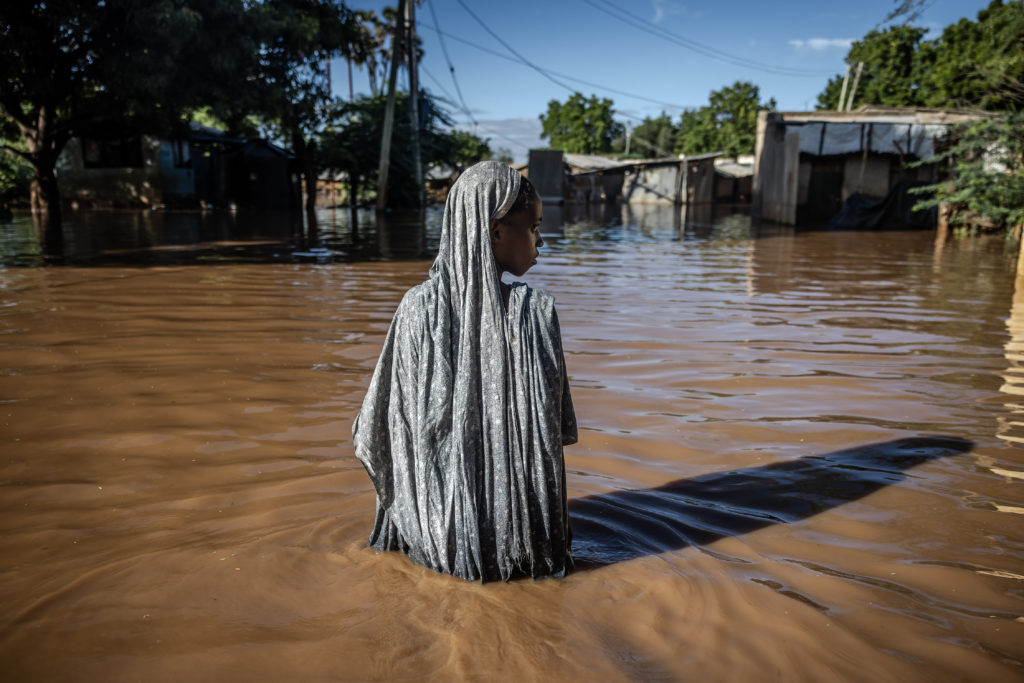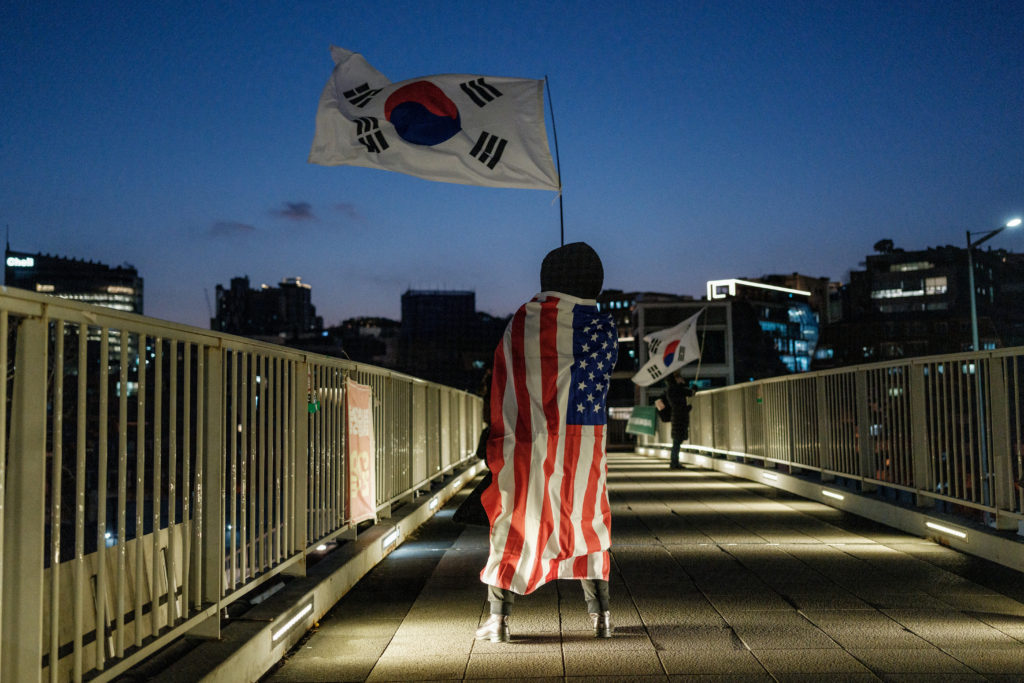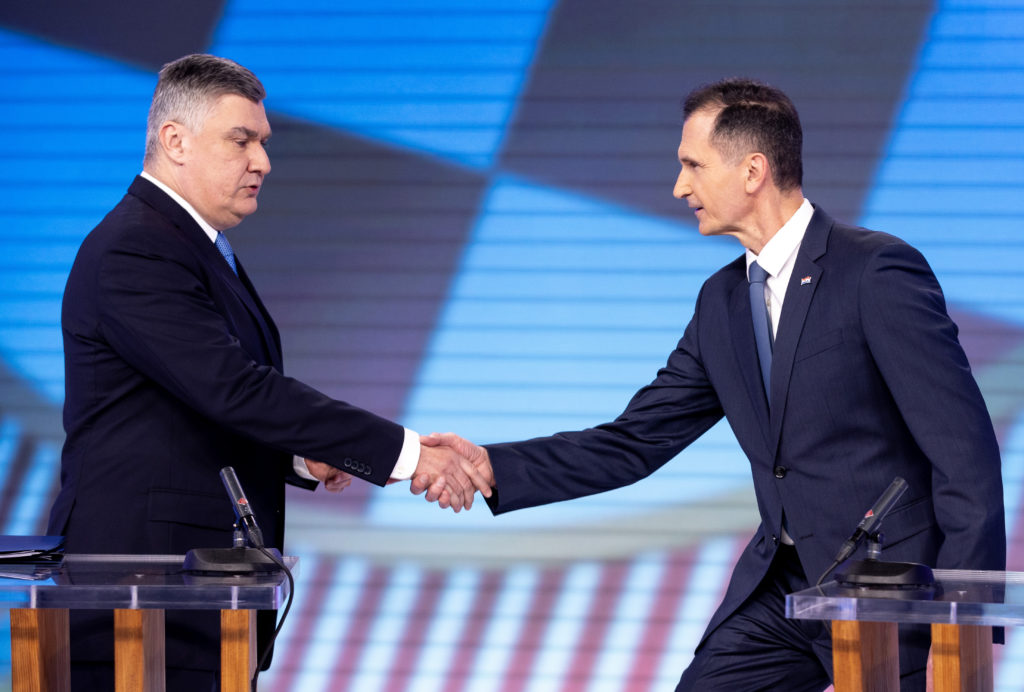President Vladimir Putin on Wednesday called for stabilisation in the natural gas market, as critics in Europe blame Moscow for record spikes in prices ahead of winter.
Speaking at an energy forum in Moscow, Putin said it was “very important” to “suggest a long-term mechanism to stabilise the energy market” in what he called a “difficult situation.”
Europe is facing a gas crisis leading up to the coldest season of the year, with a surge in prices and depleting reserves caused by a cold end to last winter.
Demand is rallying as economies ramp up after the end of pandemic lockdowns and there are dips in supplies from renewables like wind.
Some in Europe are blaming Russia for the increase in gas prices, saying Moscow is intentionally not boosting supplies to pressure Europe for more long-term contracts and for the certification of the controversial Nord Stream 2 pipeline.
But Putin on Wednesday blamed “systemic flaws” in the European energy market and brushed off criticism, saying that “some try to pass their errors on to others”.
Russian officials have repeatedly said over recent weeks that suppliers are fulfilling obligations under contracts with European buyers.
Moscow is not upping supplies available on the short-term spot markets, which the EU prefers, arguing it is more competitive.
Russia’s energy minister said earlier Wednesday that new contracts would be needed for increased deliveries to Europe.
“If there are requests, that will only be via the establishment of new contractual obligations,” Nikolai Shulginov said, describing Russia as a “reliable supplier”.
– Geopolitical concerns –
Putin said Wednesday that Russia was “ready” to increase gas exports, claiming supplies were being increased by “as much as our partners are asking us”.
Russia, which supplies more than a third of European gas, has said a speedy launch of its Nord Stream 2 pipeline would help combat the surge in prices.
The Baltic Sea pipeline — criticised by some Western countries as a geopolitical weapon — is set to double natural gas supplies from Russia to Germany.
But critics charge that the recently constructed pipeline would deprive Ukraine — a key EU ally — of transit fees.
Ukrainian President Volodymyr Zelensky this week called on Europe to develop a “common long-term vision of Europe’s energy security”.
Moscow has also not booked additional gas transit capacity via Ukraine to Europe for October, raising concerns.
Russia denies it is pressuring customers, saying it needs to fill its own reserves for the winter before sending supplies on to Europe.
But European and UK gas prices surged last week to record peaks, energised by fears of runaway demand in the upcoming northern hemisphere winter.
The crisis has also been exacerbated by a lack of wind at turbine sites, coupled with ongoing nuclear outages — and the winding down of coal power by climate-conscious governments.

